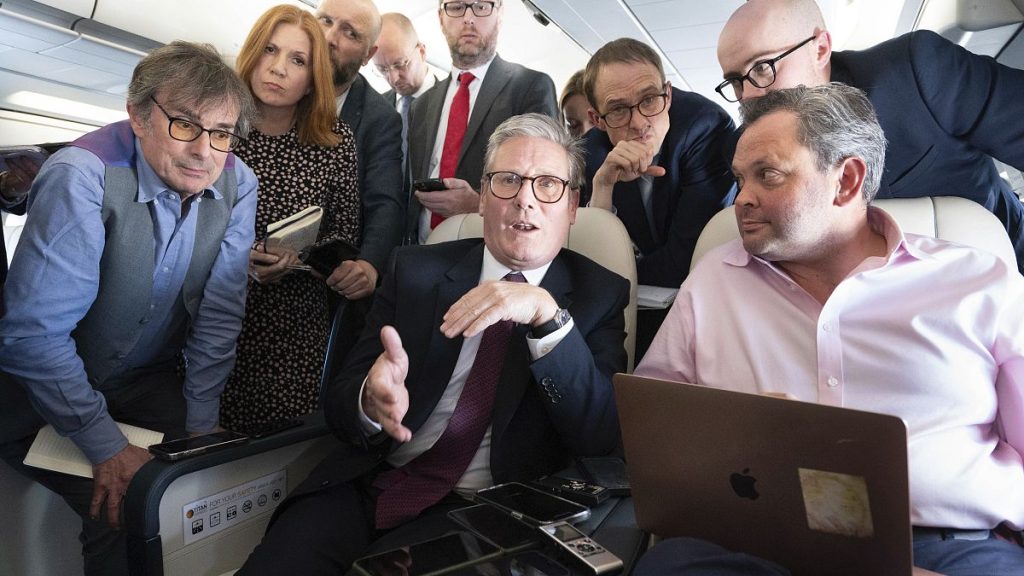British Prime Minister Keir Starmer has stated that Russian President Vladimir Putin initiated the war in Ukraine and has the power to end it at any time. Starmer emphasized Ukraine’s right to self-defence and acknowledged the UK’s contribution to training and equipping Ukrainian forces to resist Russian aggression. The UK and US recently decided to allow Ukraine to use partly British-made Storm Shadow missiles to target deeper inside Russia. This decision has escalated tensions, with Putin warning that NATO countries’ involvement in providing intelligence and military support to Ukraine would drastically alter the nature of the conflict.
In response to the escalating conflict, Ukrainian President Volodymyr Zelenskyy met with leaders of the Baltic States to discuss military cooperation and support. During the meetings, the leaders discussed the need for Western allies to loosen restrictions and permit Ukraine to use Western-supplied weapons against Russian military targets on Russian soil. Baltic leaders emphasized the necessity of overcoming self-imposed red lines in order to facilitate Ukraine’s victory in the ongoing conflict. Zelenskyy has been vocal in his calls for permission to use the weapons provided by western allies to strike inside Russia, highlighting the complexities and global implications of the conflict in Ukraine.
Putin’s warning regarding the potential NATO involvement in the conflict further underscores the precarious nature of the situation, with the possibility of direct confrontation between NATO countries and Russia looming large. The decision to allow Ukraine to use Western-supplied missiles has significant implications for the conflict, potentially altering the dynamics and prompting further escalation. The leaders of Baltic States reiterated their support for Ukraine’s defence efforts and highlighted the need for international unity and cooperation to address the challenges posed by Russia’s aggression in the region.
Zelenskyy’s call for uncomfortable questions to be addressed in order to end the war in Ukraine reflects the complex geopolitical dynamics at play in the conflict. He emphasized the need to acknowledge the global nature of the conflict, with various countries contributing to the weapons and resources involved. Zelenskyy’s efforts to secure international support and military assistance underscore the urgency of the situation and the importance of a united front against Russian aggression. The ongoing conflict in Ukraine remains a critical issue on the international stage, with global powers navigating complex alliances and strategies in response to the crisis.
As the conflict continues to escalate, the role of Western countries in supporting Ukraine’s defence efforts remains a contentious issue. The decision to allow Ukraine to use Western-supplied missiles signifies a shift in the conflict dynamics and raises the stakes for all parties involved. The need for coordinated action and a unified approach to address Russia’s aggression in the region has become increasingly apparent. Zelenskyy’s efforts to secure military assistance and support from Western allies highlight the importance of international solidarity in confronting the challenges posed by the conflict in Ukraine. The ongoing developments in the region underscore the need for diplomatic efforts and strategic cooperation to address the crisis and work towards a peaceful resolution.


